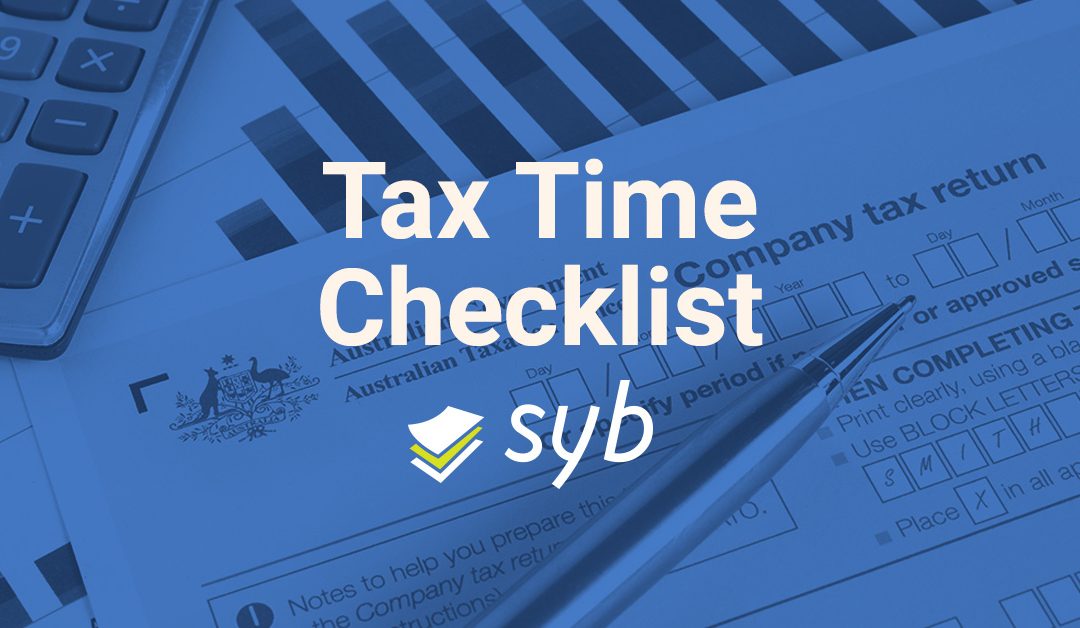The end of the financial year is fast approach, which not only means getting this year all sorted but also starting the 2018/2019 year off on the right foot. If you are wanting to make changes to your accounting or business systems, now is the time to get them set up so that you can start 1 July afresh and know that everything is balanced.
Lots of small business owners get overwhelmed at tax time (doesn’t everyone!) but with some planning it doesn’t need to be scary! Use 30 June to be a time of review so you can understand more about your business, rather than a time of stress.
- Reconcile business accounts to 30 June – including bank accounts, petty cash, credit cards and trust accounts
- Check any transactions in suspense accounts
- Make sure you have all your receipts (electronic versions are acceptable)
- Complete a stocktake and valuation. If your stock is listed in your accounting program, do they reconcile?
- Review all Debtors – send a final reminder for payment by 30 June for outstanding accounts and then write off any bad debts as required
- Reconcile GST accounts
- Reconcile payroll and superannuation accounts
- Update your asset register if you have purchased new assets
- Complete payment summaries after last pay for the financial year and provide to employees by 14 July
- Prepare and lodge BAS by 28 July (unless using a bookkeeper)
- Pay superannuation guarantee amounts by 28 July
- PAYG payment summary needs to be sent to the ATO by 14 August
If you have insurance or memberships due early in the new financial year, see if there is incentives for paying before 30 June.
I regularly talk to business owners who misunderstand the ATO’s $20K write off, and some fall into the trap of spending money for the sake of it. Which leads to cash flow issues in the future. If you are thinking of making last minute purchases, talk to your accountant or BAS agent!
Once you have everything reconciled it’s time to review. Did you have a budget for this year? Did you stick to it? Can you use your profit and loss report to forcast for the next financial year? I’ll expand on these ideas next week.
Before you hand your file over to your accountant you want to make sure you have things as perfect as possible, but if you are looking for a way to save some money did you know that you can save money by using both a bookkeeper AND an accountant? Accounting fees could be $200 an hour but as bookkeepers normally charge less than that, we can review your file for you and make sure it is in top shape (or help fix up the errors) so that the accountant has everything and you aren’t wasting time or money!
How do you prepare for the end of the financial year? I would love to hear below.
If you want to book in for an end of financial year health check with me, I would love to hear from you.



Recent Comments